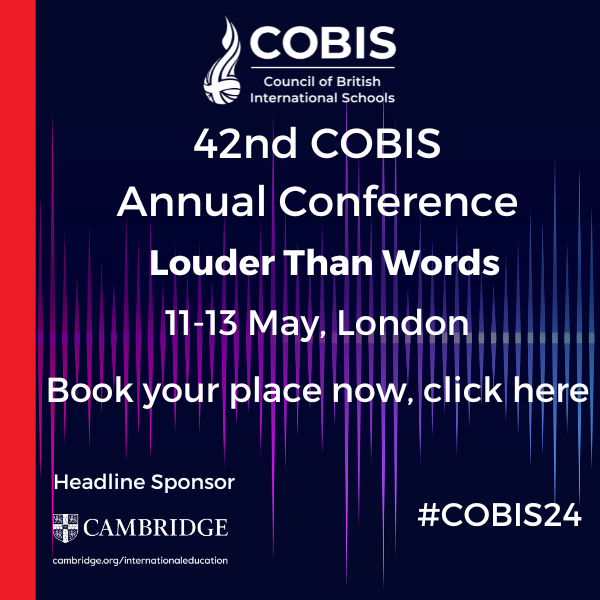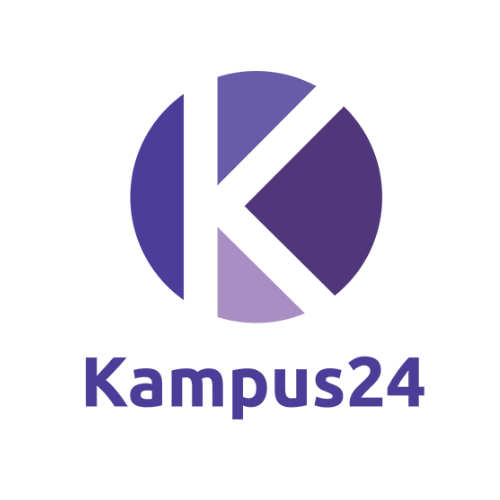A colleague approached me in the staffroom at breaktime one morning. They whispered, “I was walking past your classroom before and heard all this noise and chaos – I was about to come in and tell the kids off. I thought you must have left the room… but then a saw you were there in the middle of it!”
When you think about it, there are snapshots in time throughout the day, when someone watching a lesson or just walking past the door, could make all sorts of completely different assumptions and judgements. What seems to be a problem to one teacher may well represent the most fantastic learning experience taking place for the students.
Studious, silent classes, with busy students obviously look good when potential new parents take a tour round the school. A calm atmosphere and silent classrooms and corridors may well signpost a purposeful, well-run and disciplined school, but does it have to always be this way?
“Studious, silent classes, with busy students obviously look good when potential new parents take a tour round the school.”
At first, I was a bit taken aback by my colleague’s comment in the staffroom. I wondered what kind of judgement she was making about my lesson. My mind started racing. What if other teachers, or even members of the senior leadership team, had walked past and thought the same thing?
Now, personally, I didn’t mind that there was a lot of noise in the classroom. Perhaps I actively encouraged noise when they were working in groups. It set me thinking, how much noise was too much noise and is chaos acceptable in a classroom?
In my opinion, teaching science is at its best when the students are given some initial input and then allowed to run with it. I would just stand back and observe. Taking this type of approach is like Project-Based Learning (PBL), which has been cited by researchers as having positive effects on learning in many different areas of education. The benefits include increasing collaborative learning and authentic learning, as well as improving student engagement in their own learning.
“It is important to pick your classes and moments very carefully when you attempt to loosen the reigns at first.”
My favourite lessons involved setting the students a group task and then patiently waiting to see what happened. If there was an element of competition (and I had remembered to buy a prize for the winning team), it was even better.
Could there be a more satisfying feeling for a science teacher than watching a group of students working together, using their own ideas and creativity to solve a problem?
Obviously, it is important to pick your classes and moments very carefully when you attempt to loosen the reigns at first. The end game was often to produce something, such as a paper aeroplane which could fly the furthest, or a water rocket which could soar the highest, or a wind turbine which could generate the largest amount of electricity. Whatever the task, it involved designing, building and then making it perform even better.
After a split second my colleague in the staffroom continued “Wow… your class sounded like they were having a great time in there. What was the lesson about?”. Much to my surprise, what I initially thought was a criticism of my lesson suddenly sounded much more positive.
“My intention for each group was to listen to each other carefully and work collaboratively.”
I liked to think of these types of activities as “organised chaos”. My input at the start of the lesson was brief, then the students would take over. Sometimes their ideas worked well, sometimes they didn’t work at all! The inventor James Dyson is quoted as saying “Enjoy failure and learn from it. You never learn from success”. And he should know… this highly successful billionaire had to make many thousands of prototypes of his vacuum cleaner before he came up with a solution. In the real world, this is exactly what happens.
There was a very definite purpose to the chaos. My intention for each group was to listen to each other carefully and work collaboratively. Communication was always key. As a consequence, the more animated conversations in the groups, the louder the noise that was generated. The group succeeded or failed together.
These lessons would replicate the role of a scientist or engineer. Their job revolves around developing new products or processes. They plan, develop, test, refine, test again and continue to look for improvement. Along the way there is much failure, but this is positive. Embracing failure is all part of the process and it should be celebrated. In the modern world, failure seems to be viewed very negatively and to be avoided at all costs.
“When the students’ creativity is unleashed it can produce fantastic results.”
There is no getting away from the fact that teaching in organised chaos is not a comfortable feeling at first. Allowing students to run with their own ideas and make mistakes can seem overwhelming, but the more it is done the easier it can become. Giving students more free-reign can develop some issues that need to be managed, but when the students’ creativity is unleashed it can produce fantastic results.
So be brave. Ask the students to bring their best ideas and encourage them to be creative. Failure is an option. It should be embraced, rather than being feared. Working in organised chaos gives licence to students to be independent and the gives them a chance to learn further and gain a deeper understanding of science in the process.




















